Tips & Insights On Surviving A Desert Climate
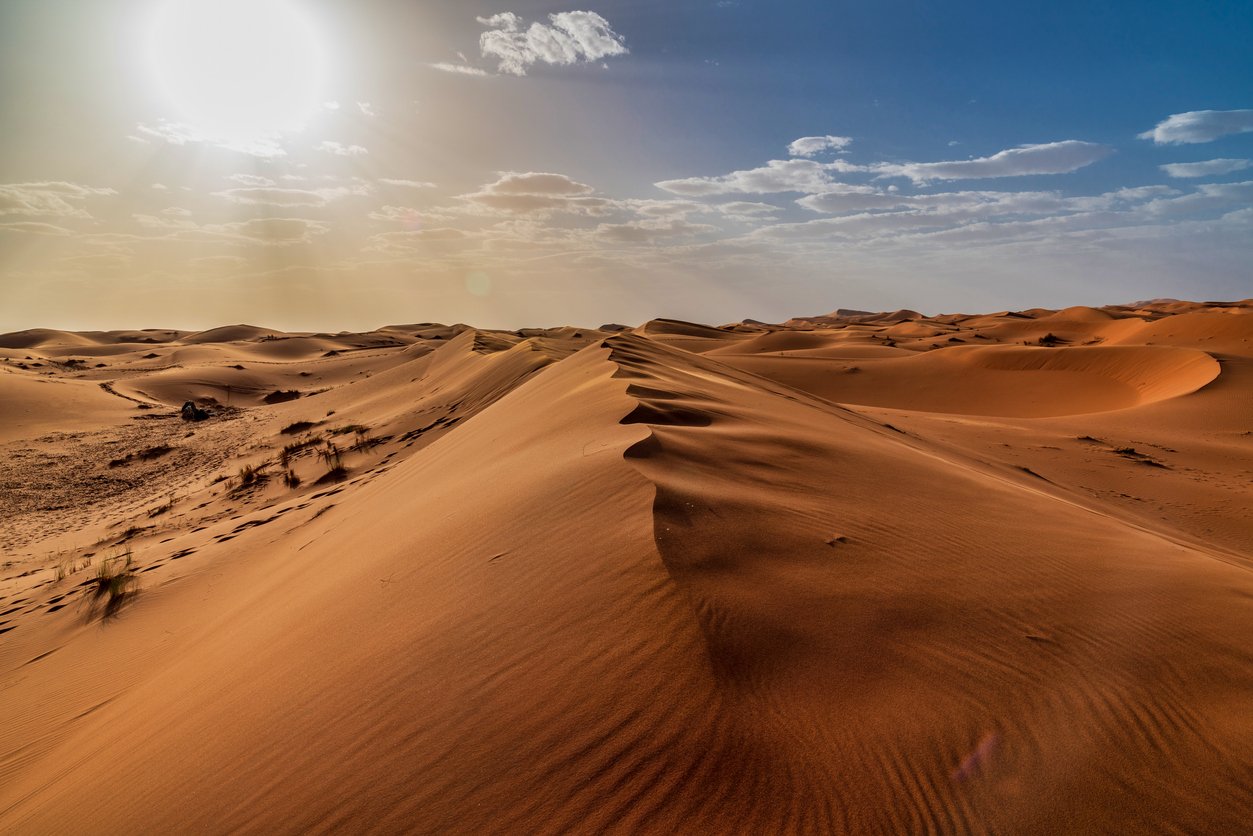
Recently we decided to bring you a short series of articles that deal with some of the world’s harshest climates. When we discuss the wilderness and survival, we must acknowledge the fact that it is not always so smooth and straightforward. The great outdoors is packed to the brim with unpredictable and often deadly surprises, so always being prepared for anything that nature might throw at you is mandatory.
So, today’s topic is heat. Where last week’s subject was the frigid winter, today we’re at the complete opposite of the spectrum. Because heat can be as deadly and dangerous as the ice, if not more so.
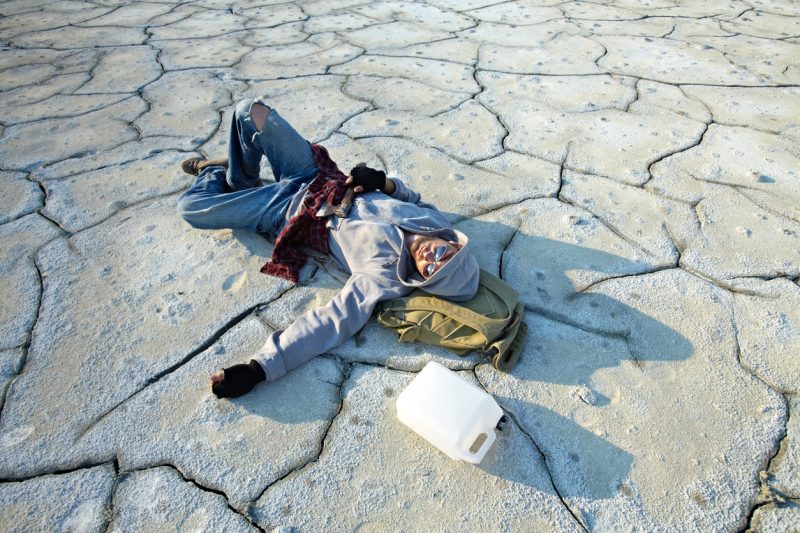
Whether you find yourself in a desert region, a dry and arid landscape or an exceptionally harsh summer, you need to be ready for all possibilities. Always having that possible bad scenario somewhere in the back of your mind is only a logical way of thinking. That is exactly why we emphasize preparedness in every aspect of the outdoors life.
Finding yourself in the desert, especially if you’re lost or stranded, is really one of the highest threats and the ultimate test of your abilities. Some of the slimmest chances of survival are under the scorching heat of the desert sun.
If your trip in the desert is pre-planned, and going along an established and researched route, then you minimize threats. But you never know, still. Such unpredictable nature of these climates demands that we research them beforehand, getting to know every tip and trick.
To save you some time, we will list briefly some of the basic tips to keep in mind when venturing out into any desert climate. These are the basics, but can easily be the boundary between success and failure.
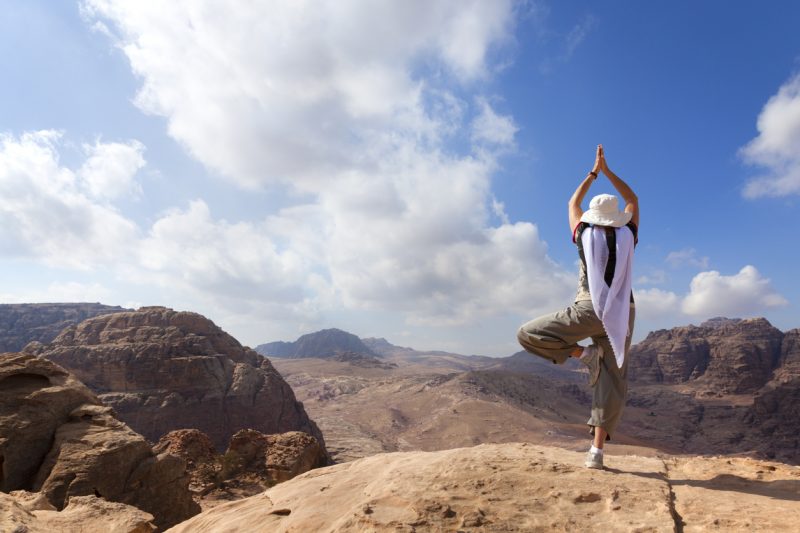
Clothing
Being dressed in a proper way is absolutely vital in the heat of the desert. Keep in mind that in such climates, the temperatures are often very paradoxical – daylight brings blistering and scorching heats, while the night can bring sub zero temperatures.
This paradoxical weather requires you to be adaptive and ready for both day and night. If you can, opt for light, loose clothing that covers enough of the body, but still being loose enough to allow circulation of air between the layers.
Tight fits are not recommended. Also realize that your clothes are the direct protection from the sun and sunburn. Expose as little of fragile parts of the skin to direct sunlight. Another note to take is sweat. When skin is exposed, sweat quickly evaporates. When you are properly clothed, sweat remains for longer, cooling your body down, and providing vital fluid to your body.
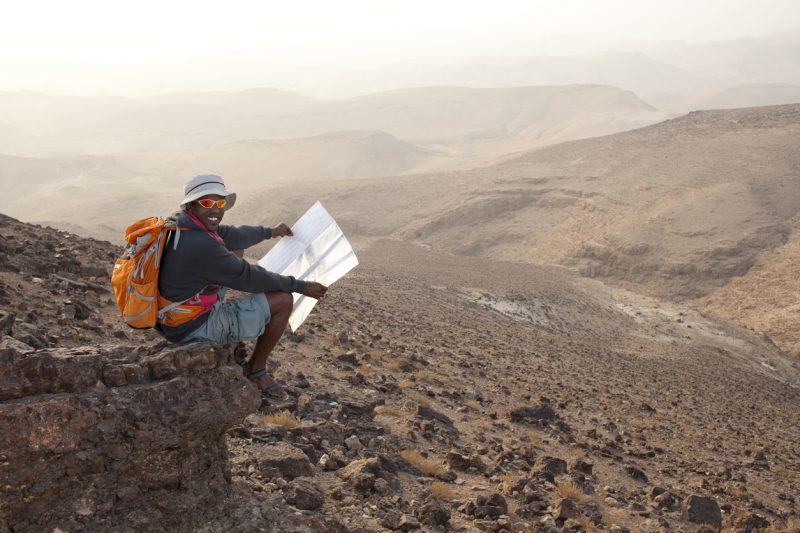
Headgear
Even if you’re hot, don’t neglect proper headgear. This can save your life. Heatstroke is very much a plausible threat. If you got nothing, improvise. Any piece of cloth can be a neck cover, or an improvised headscarf. Learn how to imitate the headgear of native desert peoples such as the berbers, and other nomadic desert tribes.
Protect your eyes as well. The brightness, lack of shade and the glare of the sun can all disrupt your sight and damage the eyes. The basic choice are the sunglasses, but in case of severe weather such as sandstorms, more robust protection will be needed.
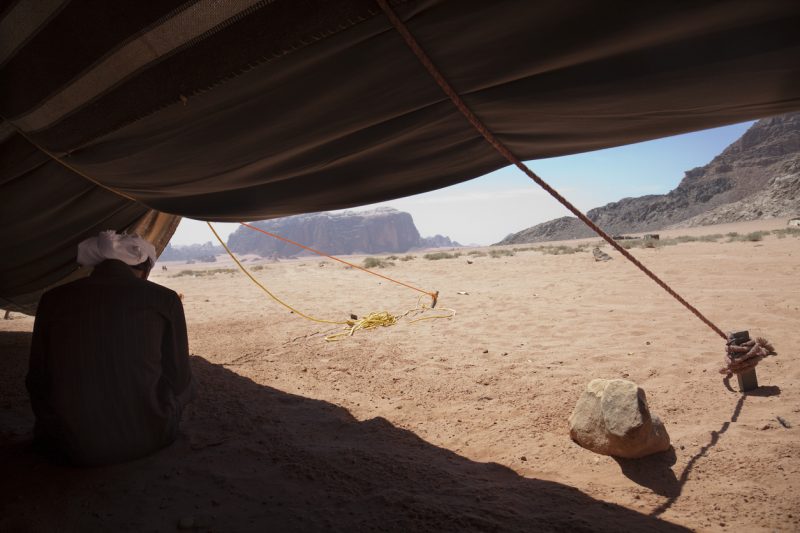
Rest
Spending too many hours on foot in the highest temperatures of the day can prove to be a fatal choice. Heat quickly drains all strength and fluid, so rest is more than advised. In the highest, midday heat, minimize your activity. Even if it slows your progress, it will save your vital energy.
If you find no shade to rest in, which is most likely in the desert, look out for natural shade which is often found in the base of tall sand dunes.
Also, a tarp or any similar piece of canvas can be fashioned to act as a shade. Fires should be lighted only at night (when you will need them too). Remember that wood and similar fuel is very scarce in the desert, so ration anything you can find.
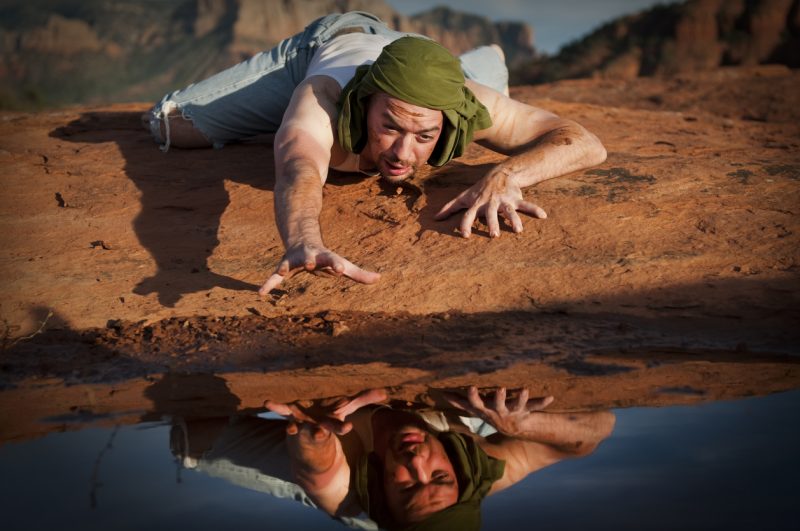
The next important things are of course related to finding food and staying hydrated. In hostile desert environments this can be a challenging and very difficult task, which is why deserts can be the ultimate survival test.
Vegetation and wildlife are both equally scarce, and most creatures are the burrowing species, hiding in daylight. Water and food thus must be rationed, and also – all signs need to be observed. Larger mammals could be followed to water sources, or can similarly congregate near one. Clumps of green vegetation can signify water beneath, so don’t hesitate to dig a little.
You should also prioritize getting out of the desert as quickly as possible. Orientation is the one skill you need to perfect and successfully apply in the desert, in hopes of leaving. Studying maps of the location you’re travelling to beforehand, will greatly increase your chances.
Conclusion
With these small but information-packed instructionals, we can paint to you just how dire a situation can get in extreme climates.
If you ever head out into one knowingly, it is of vital importance to head out as prepared as you can be. Nature is unpredictable, and a harsh, harsh mistress. So always be prepared – study professional guides, read the tips and tricks, learn from those more experienced. Because you never know when you will have to apply the knowledge. Success might depend on it!
